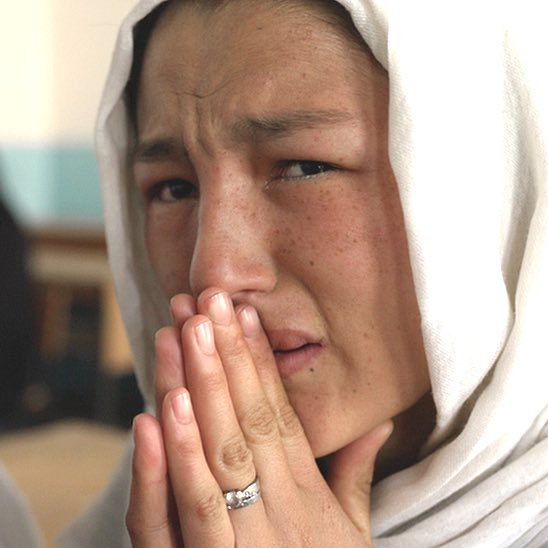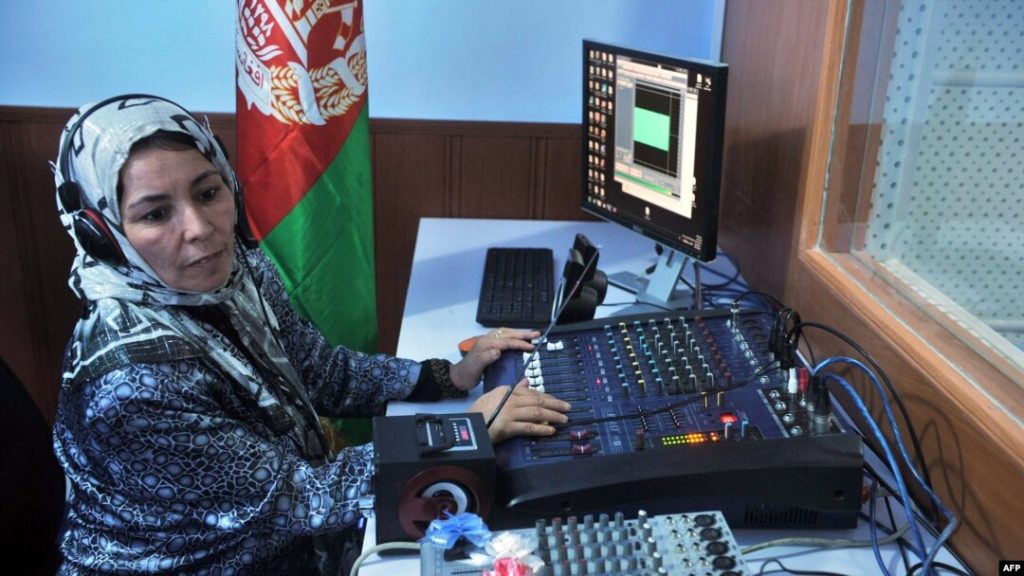Taliban enforces strict new laws, banning the sound of women’s voices

Afghanistan’s Taliban rulers have introduced stringent new vice and virtue laws, imposing severe restrictions on women’s public presence and conduct.
These regulations, approved by Supreme Leader Hibatullah Akhundzada, cover a broad range of daily activities including public transportation, music, and personal grooming.
Article 13 of the new laws mandates that women must veil their bodies completely in public, with face coverings deemed essential to prevent temptation.
The regulations specify that women’s clothing should not be thin, tight, or short. Additionally, women are required to cover themselves in the presence of both non-Muslim men and women to prevent perceived corruption.
Women’s voices are deemed intimate and therefore should not be heard in public spaces through singing, reciting, or reading aloud.
The laws also prohibit women from looking at unrelated men and vice versa.
Ministry spokesman Maulvi Abdul Ghafar Farooq commented, “Inshallah we assure you that this Islamic law will be of great help in the promotion of virtue and the elimination of vice.”
The 114-page document, consisting of 35 articles, represents the Taliban’s first formal enactment of vice and virtue laws since their takeover in 2021, when they established a ministry for the “propagation of virtue and the prevention of vice.”
This ministry will now lead efforts to regulate personal conduct, with enforcers authorized to issue warnings or make arrests for violations.
The laws also ban the publication of images of living beings, threaten the already fragile Afghan media, prohibit the playing of music, restrict solo female travel, and enforce strict segregation between men and women.

Drivers and passengers are required to perform prayers at designated times.
The ministry’s website states that promoting virtue includes prayer, aligning Muslim behavior with Islamic law, encouraging hijab use, and adhering to the five pillars of Islam.
Conversely, the elimination of vice involves prohibiting actions forbidden by Islamic law.
A recent U.N. report criticized the ministry for fostering fear and intimidation among Afghans through its edicts and enforcement methods.
Fiona Frazer, head of the human rights service at the U.N. mission in Afghanistan, expressed concern, stating, “Given the multiple issues outlined in the report, the position expressed by the de facto authorities that this oversight will be increasing and expanding gives cause for significant concern for all Afghans, especially women and girls.”
Source-CNN





